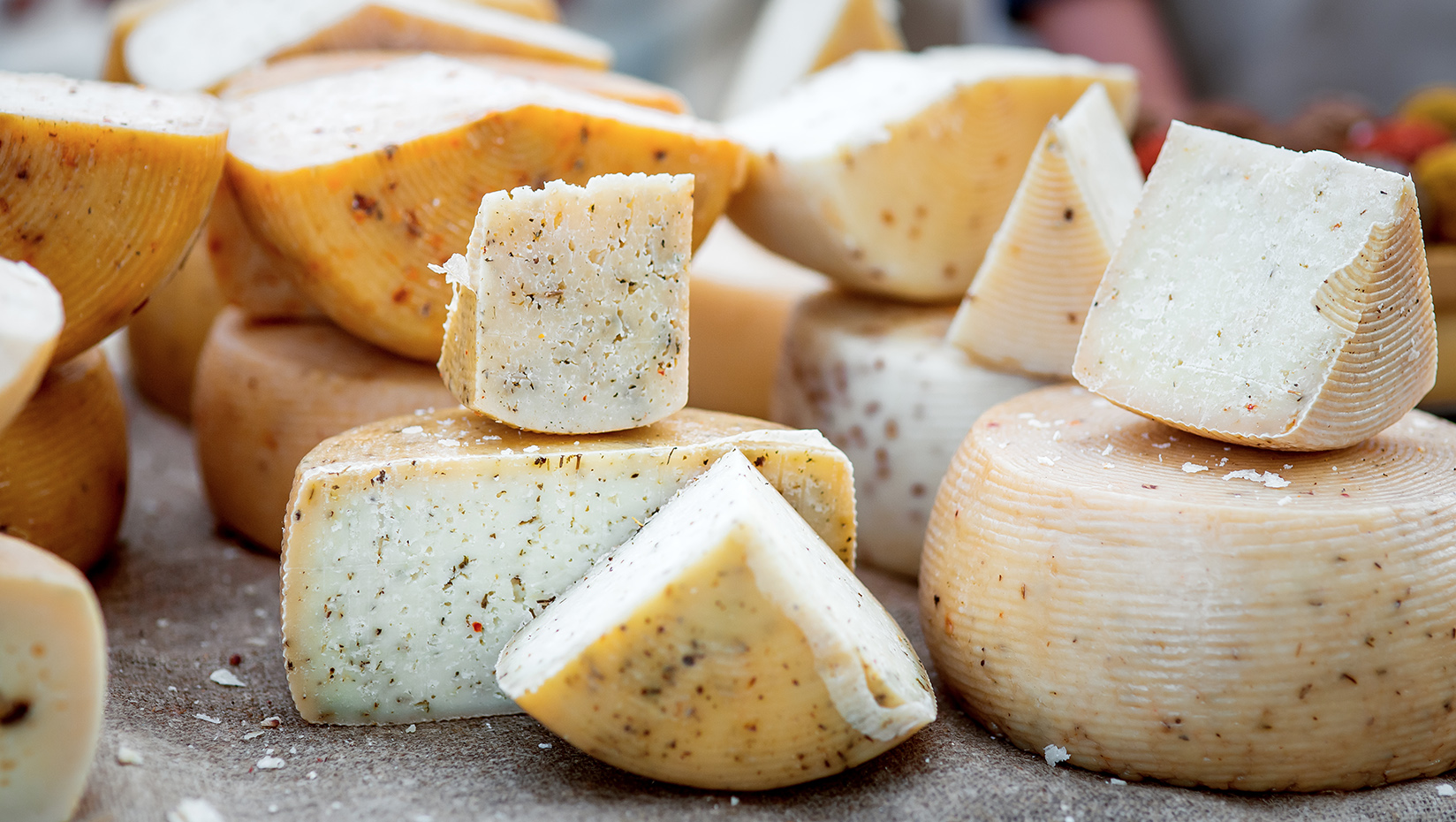
Artisan food experiences more meaningful with more information, research says
Foodie culture is growing in Maine, as more consumers seek to know where their food comes from and how it gets to their plate. If artisan food producers want to make their goods stand out in the crowd, new research from UMaine says that providing more information about the products is a good way to do so.
A Maine Business School study published in the journal Sustainability examined how consumers expect different benefits from specialty foods compared to more typical or conventional foods. Specifically, researchers Erin Percival Carter, assistant professor of marketing at the Maine Business School, and Stephanie Welcomer, professor of management at the Maine Business School, found that specialty foods are more likely to be associated with purpose, connection and meaning than their conventional counterparts.
”So much of the information out there that is designed to help farmers selling commodity products in commodity markets,” Carter says. “But when I buy a beautiful wheel of artisan cheese from one of Maine’s amazing cheesemakers, everything about my experience with that product is different from my experience with a more conventional, everyday cheese. We wanted to dig into the psychology of consumers of specialty products and help producers determine how to make products even more appealing for those consumers.”
The researchers conducted a survey of consumers at the Maine Cheese Festival. Participants were asked to compare the shopping experience of a “typical” versus “special” cheese. For both types of cheese, survey participants were asked how likely they were to closely read labels, to seek out additional information beyond the package (for example, from a website); how much the buying experience is improved by the information; and how pleasurable and meaningful the experience of buying and consuming the cheese was overall.
The results showed consumers are more likely to read and value information about “special” cheeses than they are for “typical” cheeses. Consumers also deemed the “special” products to be both more meaningful and pleasurable, though information was only beneficial for driving meaning- and not pleasure-related benefits.
The research suggests that to stand out and increase profits, artisan cheesemakers and other producers should carefully craft personal, meaningful information about their products. For example, cheesemakers could use cards near their cheese displays that share where the cheese is sourced, the date of milking and the process used to make it. The cards could direct consumers to a website, podcast, video series or social media account with more detailed information and personal stories from the cheesemonger.
“While many artisan producers feel pressure to imitate market leaders and adopt clean and stripped down packaging, that kind of packaging does not play to the strengths of an artisan product,” Percival Carter says. “If you have an artisan product, it’s important to think of the story of your product. Partnering directly with smaller-scale producers in Maine to do this kind of research that is specific to their strengths and challenges has been really exciting and I look forward to doing more of it in the future.”
Contact: Sam Schipani, samantha.schipani@maine.edu
